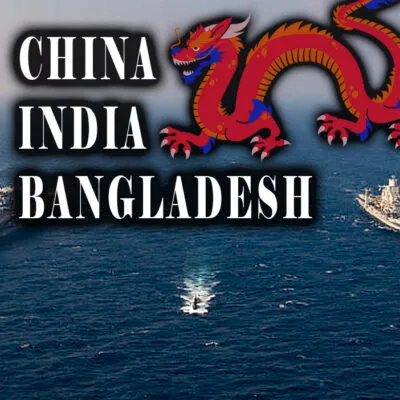- Greater fiscal responsibility was handed to the Northern Areas government
- A new post of principal accounting officer was created.
- The Northern Areas Legislative Council turned into the Northern Areas Legislative Assembly.
- The number of legislative subjects increased to 61.
- The house leader was now the chief executive, while the minister of Kashmir Affairs and Northern Areas became the chairman of the legislative assembly.
- The most indispensable change introduced by General Musharraf was granting the Northern Areas Legislative Assembly the right to amend the LFO.
- Gilgit Baltistan could become a Chinese-dominated sub-state. Because of its special strategic position, predominant Chinese investment in the form of CPEC and China would get a better opportunity to besiege India from another front.
- It could really bring about prosperity for locals and their long-held desire for national integration could be fulfilled.
- Perennial war zone or hotspot among regional powers.
- In addition to it, the political move would anger India, but both states’ limitations for opting for military options would make diplomatic means a more persuasive policy tool. However, the recalcitrance of both states could render the issue irresolvable forever. Let’s hope for the best.


